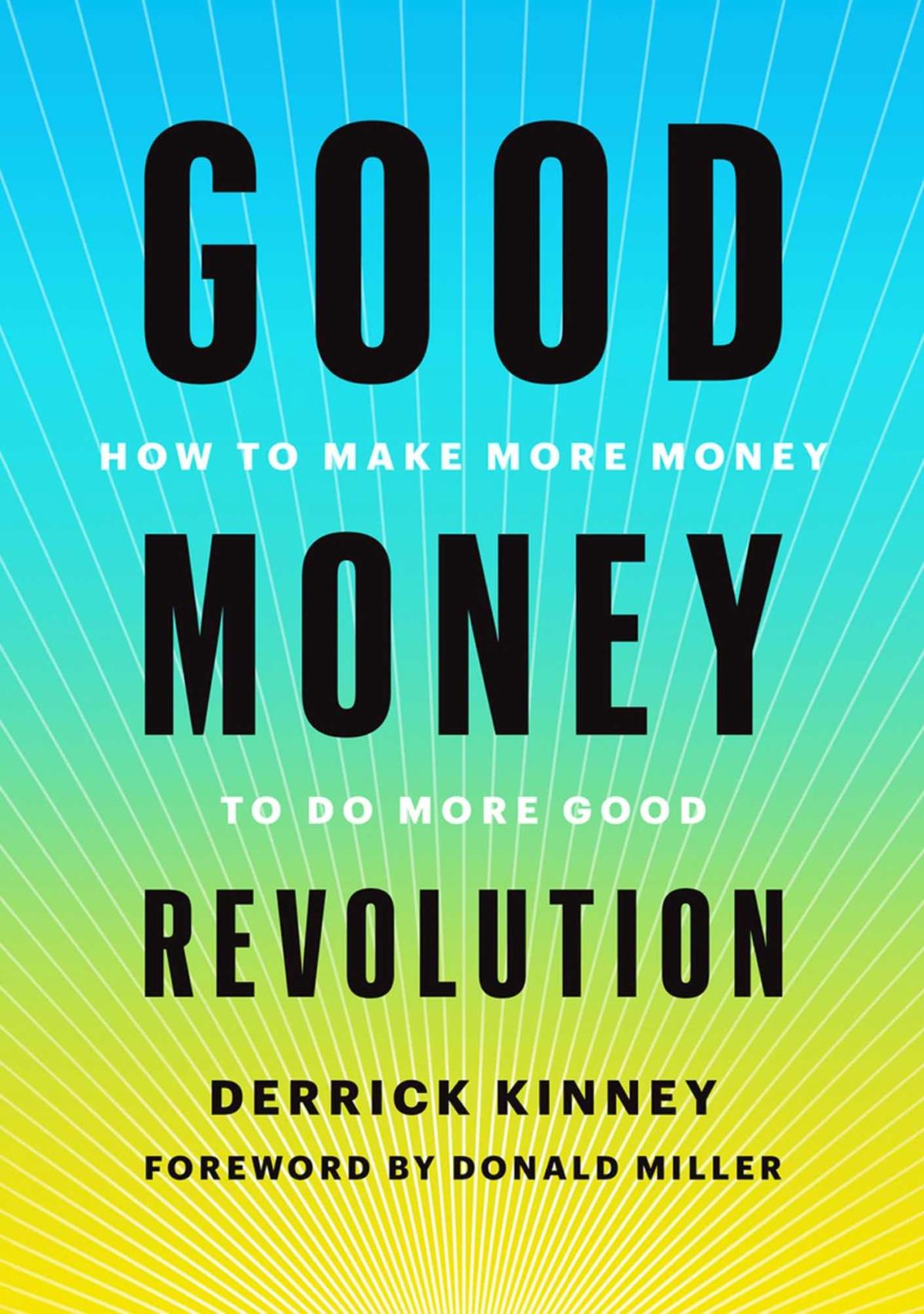Your belief about what it means to be rich probably isn’t true.
After all, doesn’t everyone who is rich have a two-story house and a new car and dress in Gucci and Louis Vuitton? Actually, no.
In Texas, there is a term that gets bounced around a lot: “Big hat, no cattle.” It refers to a person who has all the outward appearances of money—the big car, the big house, the big bling-bling—but if you dig a little deeper, their financial situation isn’t, well, all that big. I have encountered a lot of people like this in my professional life. More times than not, when the person dropped the mask of affluence and was honest about his or her finances, something else was revealed.
One potential client, a doctor, earned one million dollars per year. By most people’s standards that would be a dream come true. But there was a problem—a really big one. He spent more than one million dollars each year. You don’t have to be a math teacher to see what’s wrong. On the outside, he looked like he had it all together. But on the inside, his castle was crumbling and he had to keep spending to support his self-induced luxury lifestyle.
The moment of truth came when I asked him and his wife what would be the greatest service I could provide for them. While they were comfortable baring their financial souls, they were less than enthusiastic to alter their financial goals. I shared several practical steps that could quickly and positively benefit them. A moment passed before they shrugged and exhaled deeply. The doctor’s wife chimed in first, but with a nod of his head, the doctor obviously agreed with her concern. “How would it look if we downsized our lifestyle?” she asked, and not even rhetorically. “His patients might think his business was struggling.” He added, “And how would it look to our friends? They would think something was wrong, like we’re suddenly broke.”
You’d think I would have been more surprised hearing their defense, but I had heard this song played many times before. I replied, “So you want the look of success but not the reality of true financial freedom?” Reluctantly, they began to understand what I was saying, but I hadn’t convinced them to change their ways. “What you’re saying makes sense and we know you’re right, but we’re just not ready to make these changes,” they admitted.
When they left my office that day, it pained me. Every interaction I have with clients is very personal, and this one was no different. I knew what they needed to do. They knew what they needed to do. But until the pain is great, the change does not occur. And their pain was simply not great enough. I told them to call me back in six months. I’ve yet to receive their call.
So what does their story mean to you? People’s perceptions were very important to them. Many people are buying things they don’t need with money they don’t have to impress people whose opinions don’t pay the bills. While this couple may have been making quite a bit of money, they could barely cover their expenses. This kind of behavior is a recipe for financial disaster.

On the other side of the coin, there are people whom you might perceive as “average,” but who are actually quite wealthy. These people just live well below their means. They sit next to you at your son’s football game or at the PTA meeting. They stand in line behind you at the coffee bar and shop at the same discount clothing store. They’ve most likely worked hard, saved a lot, and simply spend less than they earn. They could afford the newest luxury car, but they choose to drive an older model sedan. These choices allow them the ability to pay cash for their kids’ college education or take their grandkids to Disney World. They are choosing to master their money and not be mastered by it.
A study of over ten thousand millionaires by Ramsey Solutions revealed that nearly eight out of ten did not receive any inheritance from their parents or any other family member. Instead, it took them each an average of twenty-eight years before achieving millionaire status. Most of them reached that milestone at age forty-nine after working hard, saving, and smart investing. Makes this feel a lot more attainable, right? It is—and I want to help you get there.
Part of changing your money mindset is rewriting your definition of the word “rich.” What if true wealth meant living a comfortable lifestyle with the ability to generously give money away and make an impact on the world?
In my professional role as an investment advisor, those I’ve met along the way who are lying to themselves about their financial situation are operating out of fear, not perfidy. The only way to overcome financial fear is with financial courage. Identify what has held you back, face those issues head on, and move on. Ask yourself, “What are my financial burdens right now? What financial issues do I worry about all the time? What keeps me up at night?” That’s your starting place for making changes. Your first step is to identify your most pressing challenges and goals, make your plan of attack, launch the attack, and monitor the progress of that attack.
Each of us thinks differently about money. The Good Money Revolution is intended to be as much purposeful as it is motivational. Motivation can come and go, but if you have a purpose, you’ll fight for it. When you embrace what matters to you, that gives you purpose. You fight, you sacrifice, you do whatever it takes to climb the hill.
Comparison really is the thief of joy. We’ve all been in the space where we are jealous of what someone else has. We’ve been envious. We’ve thought to ourselves, Why not me? But when you focus your energy on what someone else has, you spend less time working on what you want to attain for yourself. Often the grass that’s so green on the other side of the fence is actually fake, especially in this age of social media where everybody is pretending to be a millionaire. Everyone is a successful investor, everyone’s business is booming. There are no sad stories on Instagram or Facebook. Everybody is just doing amazing. And none of it is true.
Steve Jobs, founder of Apple, once said, “Your time is limited, so don’t waste it living someone else’s life.” Being fixated on other people’s supposed success will steal your joy and your focus, allowing what you need to be doing for your own success to fall by the wayside. Celebrate other people’s wins and successes. Don’t let them be a distraction from what it is that you want to accomplish for yourself. Mind your own business and stay focused. There are many ways to be successful.
Stay true to you—it’s often where the money appears.
To read other articles of this book, click here. To buy this book, click here.
The Epoch Times copyright © 2023. The views and opinions expressed are those of the authors. They are meant for general informational purposes only and should not be construed or interpreted as a recommendation or solicitation. The Epoch Times does not provide investment, tax, legal, financial planning, estate planning, or any other personal finance advice. The Epoch Times holds no liability for the accuracy or timeliness of the information provided.









